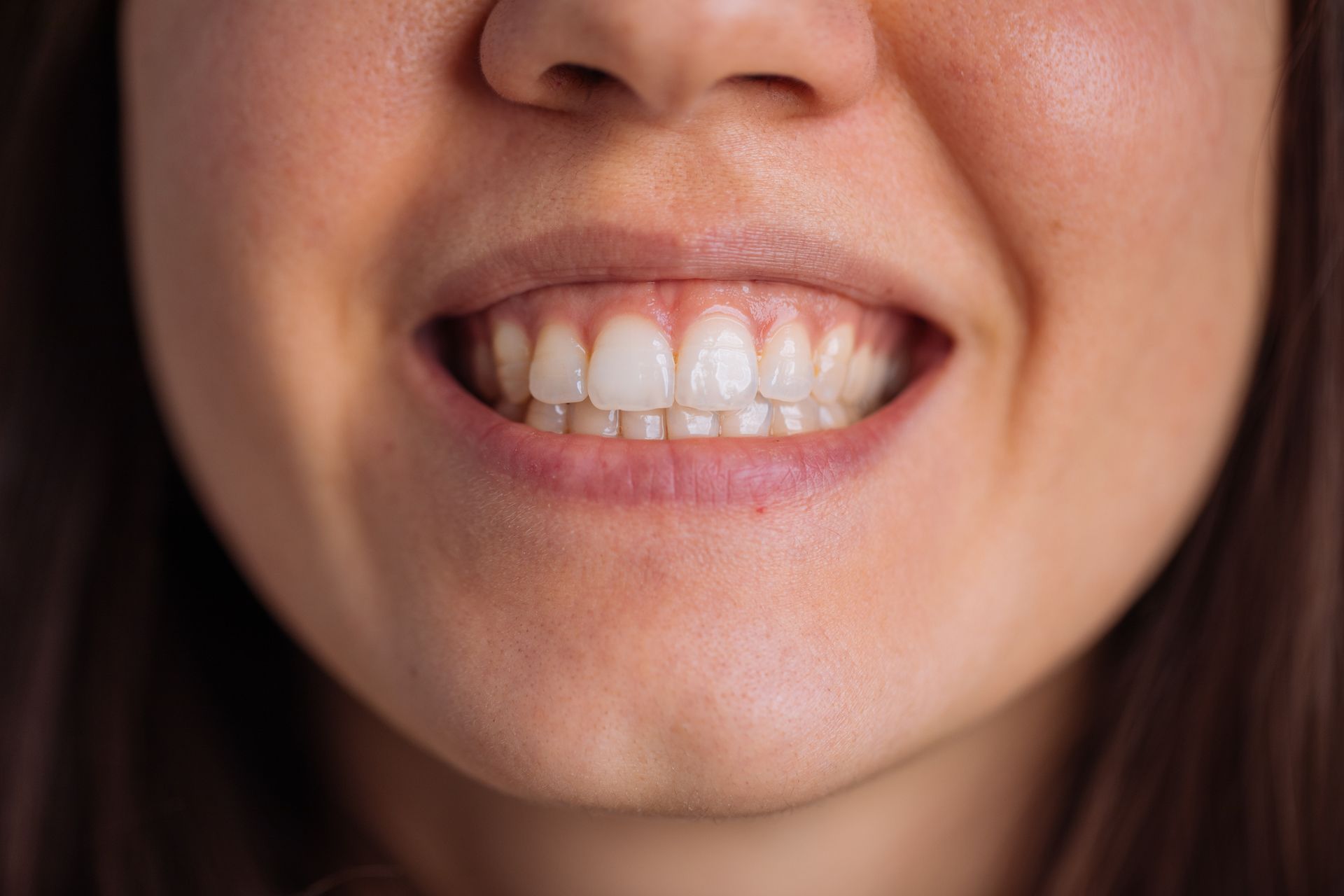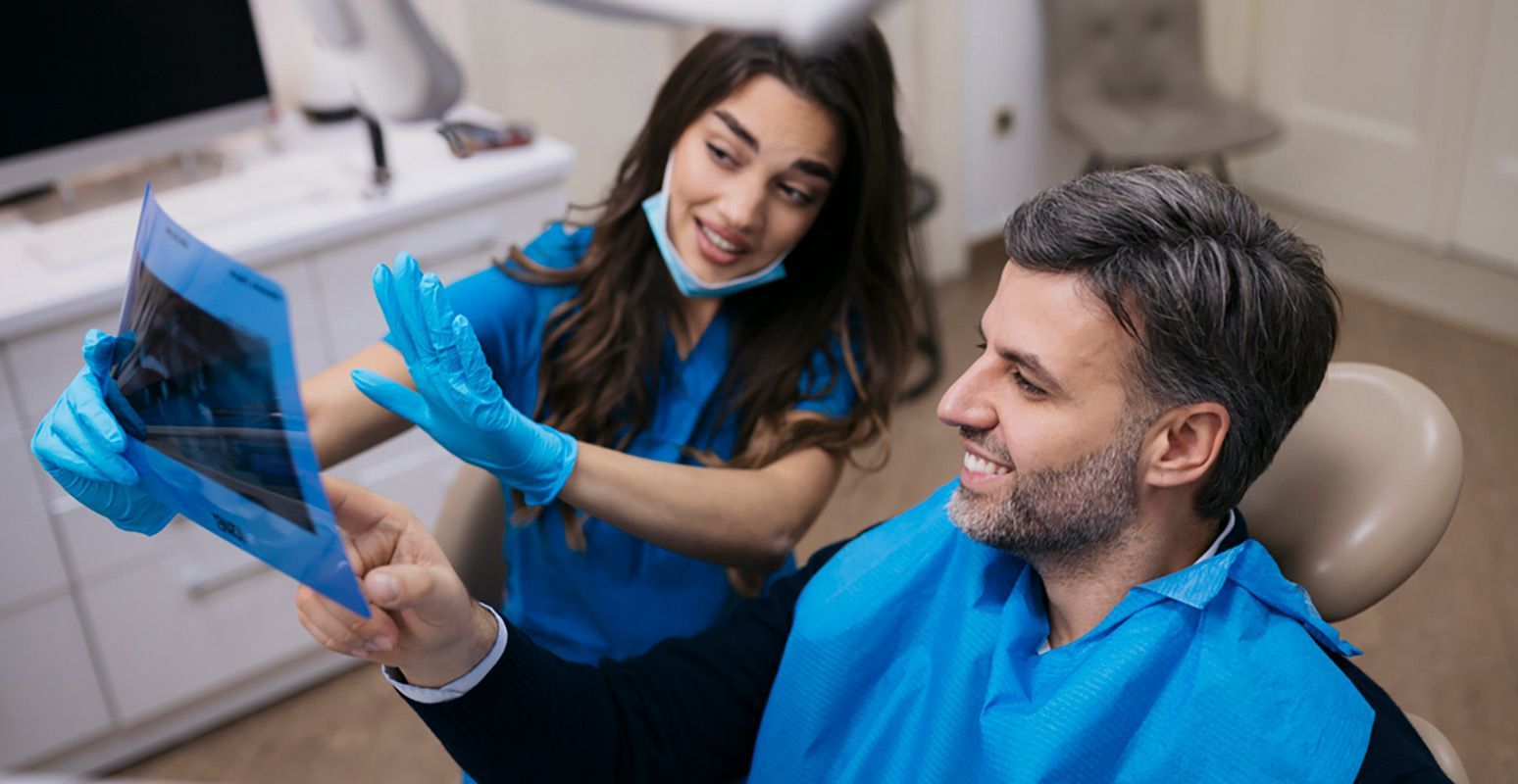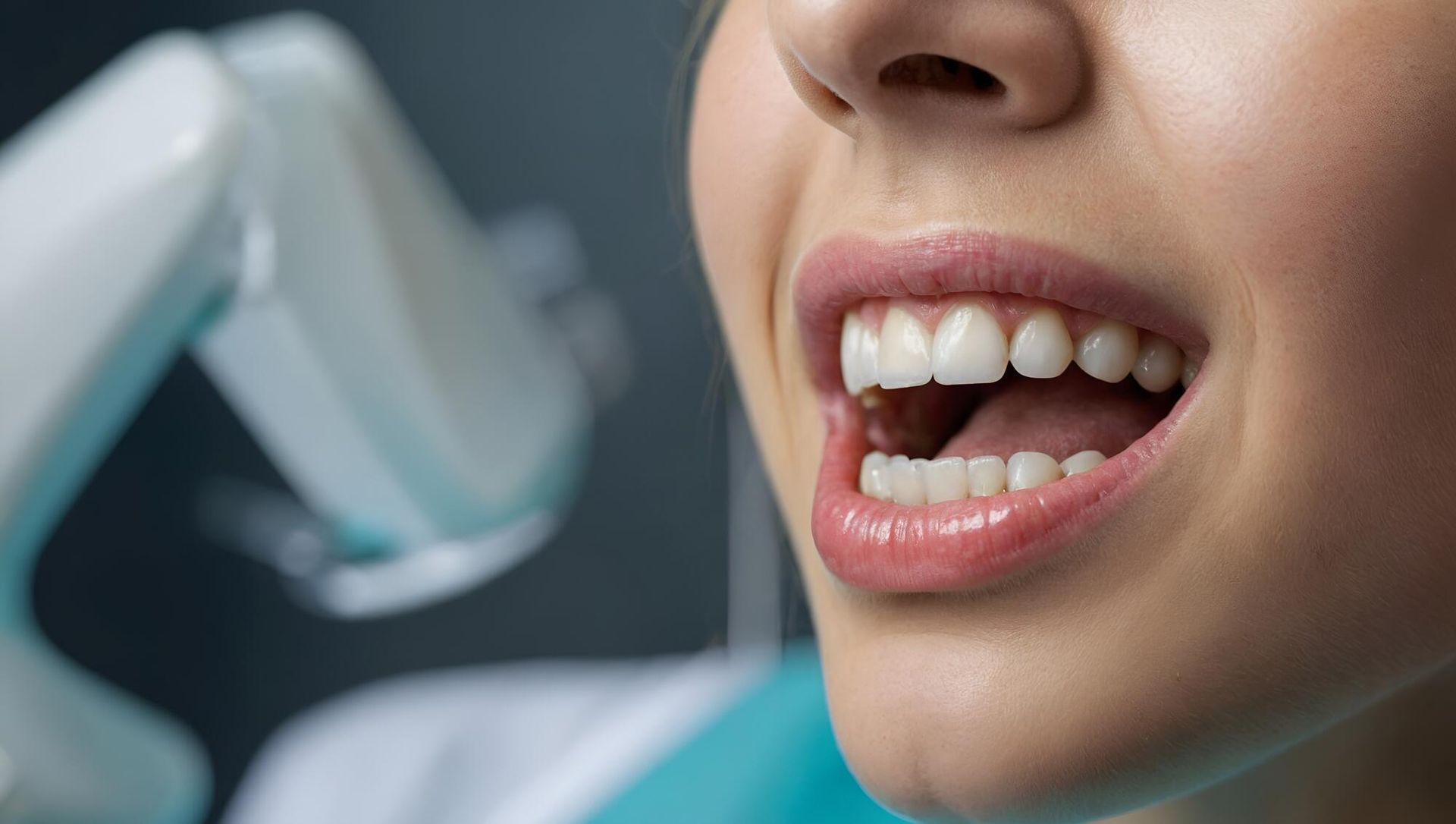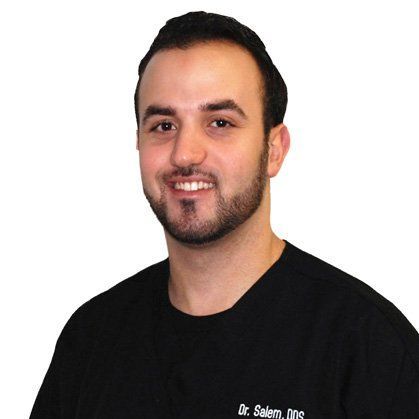7 Things You Should Know About Oral Surgery
Tips To Prepare For Oral Surgery
Did you know that a whopping
10 million wisdom teeth are removed each year? And that's not even including other types of oral surgery.
Regardless of what type of dental oral surgery you're getting from your Dentist in Riverdale, IL, it's important to be prepared.
To help you get ready for your oral maxillofacial surgery, there are a couple of things to be aware of. Let's check out six top tips to help you prepare for your oral surgery.
1. Get Someone Else to Drive You to the Dentist
When you go in for oral surgery, you need to be aware that you'll probably be put under general anesthesia. After all, you're getting surgery done.
Now, while there's nothing to be worried about with getting anesthesia for your oral and facial surgery, you do need to make sure you're prepared.
Part of being prepared is having someone that can drive you home after.
That's because, regardless of whether you're using general anesthesia or nitrous oxide, you can feel a bit woozy afterward. As such, you shouldn't be driving home.
As soon as you book your appointment, make sure to ask a friend or family member if they'll be able to drive you to your oral and facial surgery appointment. That way, you know you'll be able to get home safely.
2. You May Have to Fast Before Your Appointment
You should note that some types of oral surgery require you to fast before your appointment. This could be for eight hours or it could be for an entire twelve hours.
Your oral surgeon will let you know how long you'll need to fast.
Fasts include skipping out on both food and water. This is important because it prevents your lungs from filling with your stomach contents (also known as aspiration).
Although rare, it can happen and can be life-threatening if it does.
Note: you likely won't have to fast if you're diabetic. Fasting could cause your blood sugar to drop to dangerous lows, which is why oral surgeons avoid this.
3. Plan on Arriving Early
Another thing to know about oral surgery is that it can take a bit of time. Not only does the surgery take time, but once you get to the office, you'll also have to fill out paperwork.
To make sure that you aren't spending hours on end in the dentist's office, it's a good idea to get there about 20 to 30 minutes early. That will give you the time you need to prepare for your appointment without feeling rushed.
Plus, it'll help make sure you leave on time. That's important for whoever's picking you up afterward!
4. Stock Your Fridge With Soft Foods
We probably don't have to tell you that after oral surgery, your mouth might be tender. And, when your mouth is tender, the last thing you want to be doing is chomping and chewing on tough foods.
A good idea is to pick up soft and mushy foods such as yogurt, soup, and ice cream before your surgery. You'll want to make these the majority of your diet right after your surgery.
It's easier to come home to these foods rather than to have to order them when you're not feeling your best. That's why it's such a good idea to stock them before your surgery.
Remember, you'll need to be eating these softer foods for about six to eight weeks before you switch back to your normal diet.
5. Set Up a Space to Relax
When you get home from the oral surgeon's office you're going to want to rest. And, the last thing you'll want to do is to have to set up a space to rest and relax!
A good rule of thumb when preparing for oral surgery is to set up a space to relax ahead of time. This can be your bed, the couch, or another spot where you feel comfortable.
Regardless of where you choose to relax, make sure that you're prepared to hang out there for a couple of days. Avoid exercise and treat yourself to a Netflix binge so that your mouth can heal.
6. Skip the Straws
This might sound strange, but after you finish your oral surgery, you want to steer clear of anything that involves sucking. That means straws and even cigarettes.
The sucking motion is important to avoid because it can dislodge blood clots in your surgery site. This can lead to painful infections, such as dry sockets.
After about a week you'll be able to start smoking or using straws again, so this isn't a permanent change.
7. Apply Ice and Rinse With Saltwater
After your surgery, you might find that your mouth is sore and swollen. To help reduce the swelling and the pain, there are a couple of tricks you can try:
- Ice
- Saltwater
Ice packs are a great way to reduce swelling. They can also numb your mouth, helping to keep the pain at bay.
You should make sure to only apply an ice pack for 15 minutes at a time. That way you don't hurt yourself or get freezer burn.
On top of that, you can rinse your mouth up to four times a day with saltwater. All you have to do for this is to add a teaspoon of salt to a cup of water. Swish it around your mouth to clean out the surgery site.
Just note that you shouldn't do saltwater rinses for at least 24 hours after your appointment.
Prepare for Oral Surgery With a Dentist
Preparing for oral surgery with your dentist in Riverdale, IL can be easy with these steps. Just keep these tips in mind before you book your appointment for oral surgery.
Now that you have these tips on oral surgery, you're ready to schedule your own. Get in touch with our team and we'll get you hooked up with an appointment.
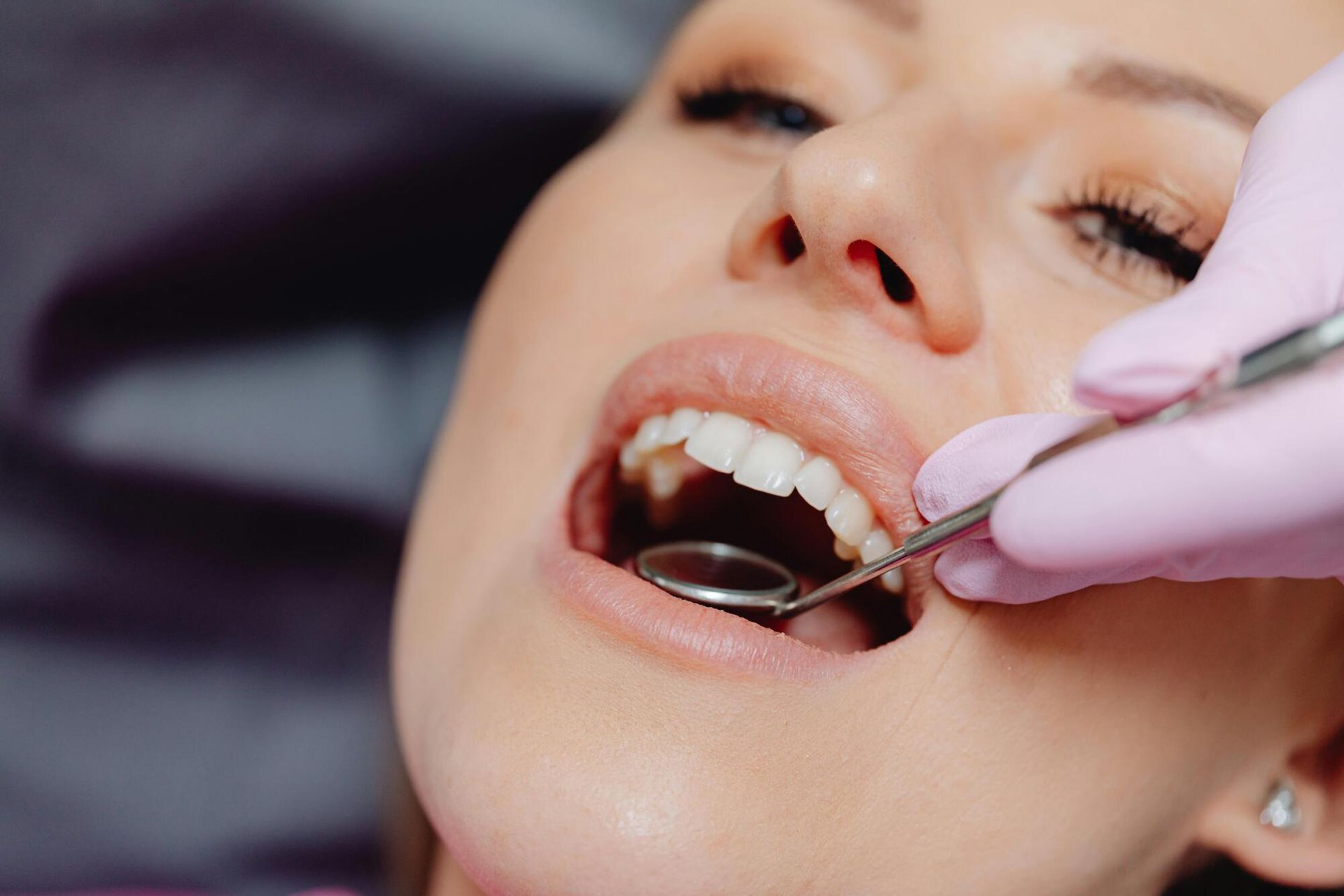

Dr. Munther Salem
D.D.S
Dr. Munther Salem grew up in the Southwest Suburbs of Chicago. He received his Bachelors of Science degree in Biology from Benedictine University. He then attended the University of Illinois at Chicago School of Dentistry, where he earned his Doctor of Dental Surgery degree. Dr. Salem is an active member of the American Dental Association, Chicago Dental Society, and Illinois State Dental Society. Dr. Salem has also been on two medical mission trips to Jerusalem treating special needs children. Dr. Salem enjoys traveling and spending time with his wife and daughter. Dr. Salem is happy to be back in the South Suburbs where he grew up to provide excellent patient care to the Ivanhoe Family.
Dr. Monil Shah
D.D.S
Dr. Shah completed his dental education at Boston University School of Dental Medicine and has been practicing dentistry since 1999. In the years since, he has devoted himself to creating an environment in which patients know they are welcome as soon as they walk in the door. He is focused on providing excellent dental care and helping patients stay comfortable throughout their visits. Dr. Shah believes in giving patients the time to ask questions about their health and providing them with knowledgeable answers.
Dr. Janani Gurukkal
D.D.S
Dr. Gurukkal is new to the windy city and excited to join the Ivanhoe team. She was born and raised in Nashville, TN. She received her Bachelors of Science in Kinesiology from the University of Kentucky. She then pursued her Doctor of Dental Medicine at the University of Louisville. After graduation, she completed an Advanced Education of General Dentistry residency at A.T Still University in Arizona. Dr. Gurukkal has always had a passion for healthcare. She understands the importance of oral health and how it can have a profound impact on your overall health. She enjoys taking her time to get to know her patients in order to provide them with the highest quality of care. Her goal is to create an environment where patients can feel safe and comfortable to get the treatment they deserve. Dr. Gurukkal is an active member of the American Dental Association, Illinois State Dental Society, and Chicago Dental Society. She devotes her time to continuing education in order to stay current with the latest advancements of dentistry.
Outside the clinic she has spent time volunteering in her local community as well as abroad. In her free time, Dr. Gurukkal loves traveling and spending time with her family.
Dr. Ken Arrietta
D.D.S
A firm believer in patient education, Dr. Arrieta is a specialist in periodontics, the treatment of all the supporting structures of the teeth, including the gums, and the placement of dental implants. Dr. Arrieta’s skills enable many patients to complete their entire treatment plans at our location, avoiding the necessity of being referred to another office.
After completing his undergraduate studies at Loyola University, where he also made the Dean’s List, Dr. Arrieta earned his Doctorate of Dental Surgery at Northwestern University School of Dentistry. He continued his advanced specialist training at the University of Iowa where he received his Certificate in Periodontics.
Dr. Ravneet Bhullar
D.D.S
Dr. Ravneet Bhullar grew up in the heart of Atlanta, Georgia. He received his Bachelors of Science degree in Biology from the University of Georgia. Go Dawgs! Soon after Dr. Bhullar earned his Doctor of Dental Medicine degree from the University of Louisville School of Dentistry. Dr. Bhullar is an active member of the American Dental Association, Chicago Dental Society, and Academy of General Dentistry. Dr. Bhullar loves helping his patients' smile and helping them to maintain their oral health. When Dr. Bhullar is not in the office, he enjoys traveling to new places and spending time with his fiancée and their lovely cavalier poodle named Bean. Everyday Dr. Bhullar looks forward to learning more about his patients and providing them with all their dental needs!





